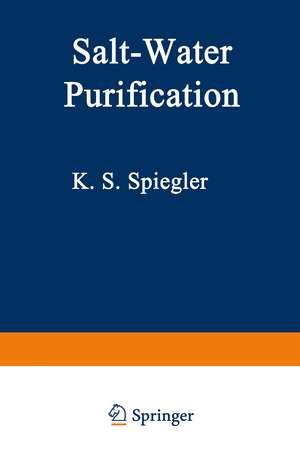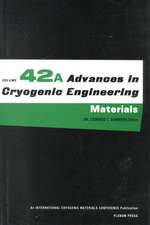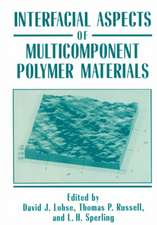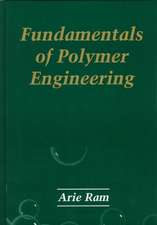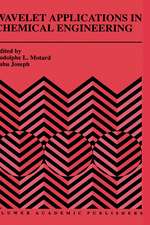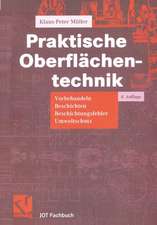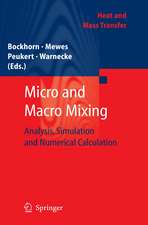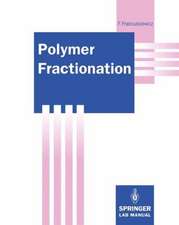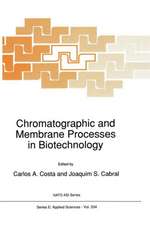Salt-Water Purification
Autor K. Spiegleren Limba Engleză Paperback – 25 noi 2012
Preț: 382.36 lei
Nou
Puncte Express: 574
Preț estimativ în valută:
73.16€ • 79.72$ • 61.65£
73.16€ • 79.72$ • 61.65£
Carte tipărită la comandă
Livrare economică 23 aprilie-07 mai
Preluare comenzi: 021 569.72.76
Specificații
ISBN-13: 9781468423631
ISBN-10: 1468423630
Pagini: 204
Ilustrații: IX, 189 p. 18 illus.
Dimensiuni: 152 x 229 x 18 mm
Greutate: 0.28 kg
Ediția:Softcover reprint of the original 1st ed. 1977
Editura: Springer Us
Colecția Springer
Locul publicării:New York, NY, United States
ISBN-10: 1468423630
Pagini: 204
Ilustrații: IX, 189 p. 18 illus.
Dimensiuni: 152 x 229 x 18 mm
Greutate: 0.28 kg
Ediția:Softcover reprint of the original 1st ed. 1977
Editura: Springer Us
Colecția Springer
Locul publicării:New York, NY, United States
Public țintă
ResearchCuprins
1 • Introduction.- 2 • The Composition of Natural Salt Waters.- 3 • Power Requirements.- 4 • Scale.- 5 • Distillation Methods.- 6 • Electrodialysis.- 7 • Freezing Processes.- 8 • Ion Exchange.- 9 • Reverse Osmosis (Hyperfiltration).- 10 • Summary and Conclusions.- Appendices.
